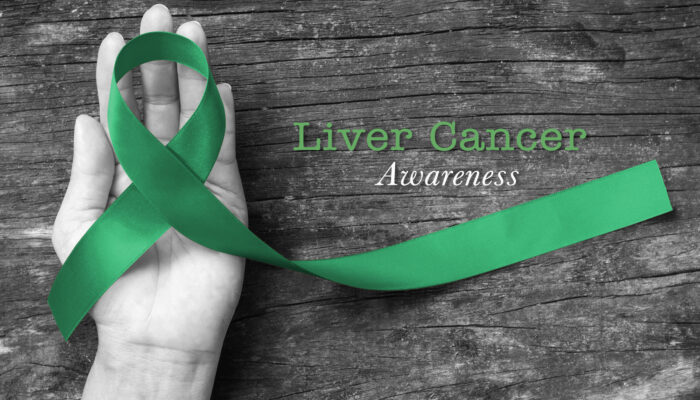
Eye inflammation – Complications and treatments
The term “eye inflammation” serves as a link for the various inflammatory diseases that affect different parts of the eyes. It is called uveitis in medical terms, which is a general term referring to a group of inflammatory diseases that produce swelling and destroy eye tissues. The term uveitis is derived from the part of the eye called the “uvea,” as eye inflammation usually affects the uvea.
If left untreated, uveitis can cause various complications, like the following:
- Cataract
The inflammation associated with uveitis can cause irritation in the eye lens. Scratching due to this irritation causes cloudy patches, called cataracts, to develop on the surface of the lens. The symptoms of cataracts include blurred vision, problems seeing clearly at night, and colors appearing unusually faint. - Glaucoma
The condition that causes damage to the optic nerve and is often linked to a buildup of pressure inside the eye is called glaucoma. Treatment for glaucoma may be laser treatment, eye drops, or surgery. - Retinal detachment
This condition occurs when the retina separates from the back of the eye, wherein the tissue at the back of the eye pulls away from a layer of blood vessels that provide necessary oxygen and nourishment. Retinal detachment is an emergency condition. - Cystoid macular edema
The macula makes up the center of our vision and is the most critical area for the sharpness of vision. Edema is a condition when any tissue of the body becomes swollen with fluid. With the macula, the edema fluid typically combines in cyst-like patterns, and this condition is called cystoid macular edema.
Treatments
Treatment will be provided based on the cause and type of eye inflammation:
- Corticosteroids
Often referred to as steroids, these are medicines that reduce inflammation. Corticosteroid eye drops are usually the first treatment option recommended for non-infectious uveitis. Depending on its severity, the recommended dose can change. Oral corticosteroids (tablets) are considered as the strongest form. Though they may work well in relieving inflammation, they can cause a wide range of side effects like weight gain, insomnia, fluid retention, and feeling irritable or anxious. - Immunosuppressants
These are medications that suppress the immune system and disrupt the process of inflammation. Taking immunosuppressants makes you easily accessible to infections, which makes it important to avoid contact with people with any infections. - Non-steroidal anti-inflammatories
Voltarol Ophtha Unit Doses and Acular Eye Drops are used to prevent and treat eye inflammation and pain following surgery or laser treatment.
Some other medicines for irritated eyes are as listed:
- Optrex Bloodshot Eye Drops
These eye drops contain two active ingredients: naphazoline hydrochloride and hamamelis water, otherwise known as distilled witch hazel. They provide relief from irritation. - Optrex Sore Eye Drops
These eye drops contain the active ingredient hazel. They are soothing and cleansing and provide relief from sore and irritation.
In case one experiences the symptoms of eye inflammation, they should immediately check with an eye doctor, especially if there is pain or reduced vision. It is also necessary to properly treat any existing diseases as this may also help in preventing uveitis. It is necessary to undertake proper treatment before uveitis causes permanent damage to the eyes.



